Titian and Tintoretto and Palladio and the Veneto and Giambologna Artsa third level course art in Italy 1480-1580 book by Catherine King ISBN: 9780335075065
Original price was: £25.95.£20.76Current price is: £20.76.
Used – Very Good
1 in stock
Description
Immediate dispatch from Somerset. Nice book in great condition. Pages in excellent condition. No notes or highlighting. Some light marking on cover and spine due to age See images. Fantastic book.
About the book >.>.> In Unit 10 you looked at art produced in Florence and Rome between roughly 1520 and 1570. In this unit we look at some of the paintings produced mainly in Venice by Titian and Tintoretto during approximately the same period. Units 10 and 13 therefore form a pair similar to Units 1 and 2. There are also links between this unit and Units 8 9 Part II of Units 11-12 and Unit 14 since in these units we look at some examples of art or architecture created outside Rome and Florence about 1520 and later in Italian towns like Treviso Padua or Vicenza. These units or parts of them are concerned with one of the major themes of the course: the relationship between Romano-Florentine styles and styles produced elsewhere in the Italian peninsula. In the later part of our period this means considering how far styles produced outside courtly centres like Rome Florence and Mantua can be thought of as Mannerist or whether they should be thought of as taking a ‘path out of the High Renaissance’ (Shearman p. 51) distinct from Mannerism. As art historians have differing views on this question we should look at it in some detail. You may remember from Unit 9 that Charles Avery described Venetian sculpture as being different from Florentine Mannerist products (Unit 9 p. 74). Sansovino created a ‘new style’ under the influence of Titian which according to Dr Avery was ‘more intellectually and emotionally satisfying than the Mannerist contortions of the contemporary reliefs being made in Florence by artists numbed by the grip of Michelangelo’s genius’. To Venetians like Vittoria the ‘carefully calculated refinement of composition the contrast between polished surfaces and chiselled details and the lack of overt emotion that marked Florentine bronzes’ was alien. Venetian sculptors left the surface of the metal ‘relatively rough’; ‘the linear effect of contours was less em- phasized’ and the ‘play of light and shade’ favoured instead. If you read Shearman (pp. 28-9 51 149-50) you will find that he too draws a distinction between the work of Pordenone Correggio and the Venetians and what he considers as mainstream Mannerism. The former were according to Shearman too interested in the ‘expressive and naturalistic aspect of Renaissance art’ (p 29) the communication of overt emotion and movement to the spectator and the creation of a forceful aesthetic ‘unity’ (pp. 149-50) to be called Man- nerist. (LL)
Additional information
| ISBN | 9780335075065 |
|---|---|
| Format | Softcover |
| Publisher | Open University Press |
| Book author | Catherine King |
| Condition | Used – Very Good |

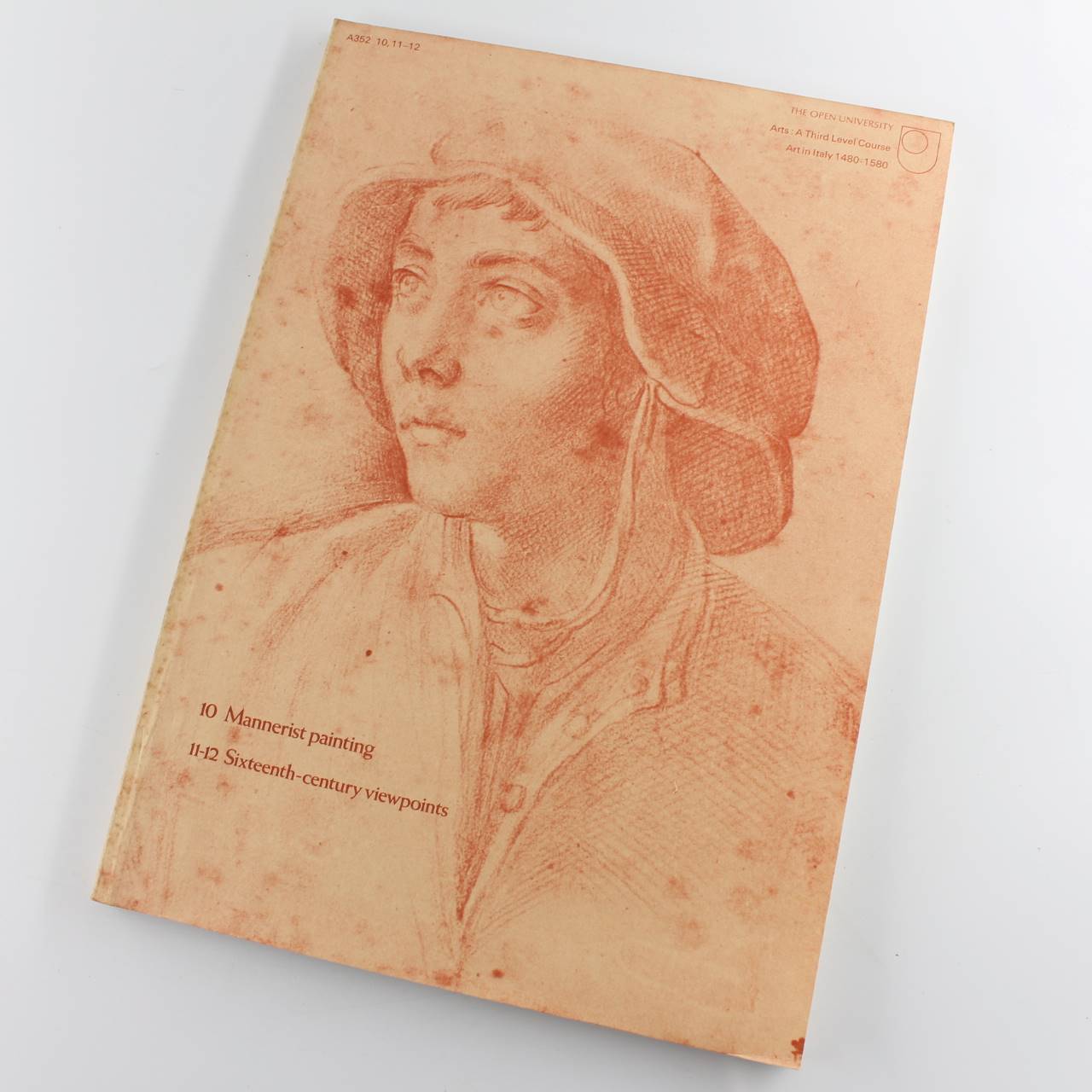
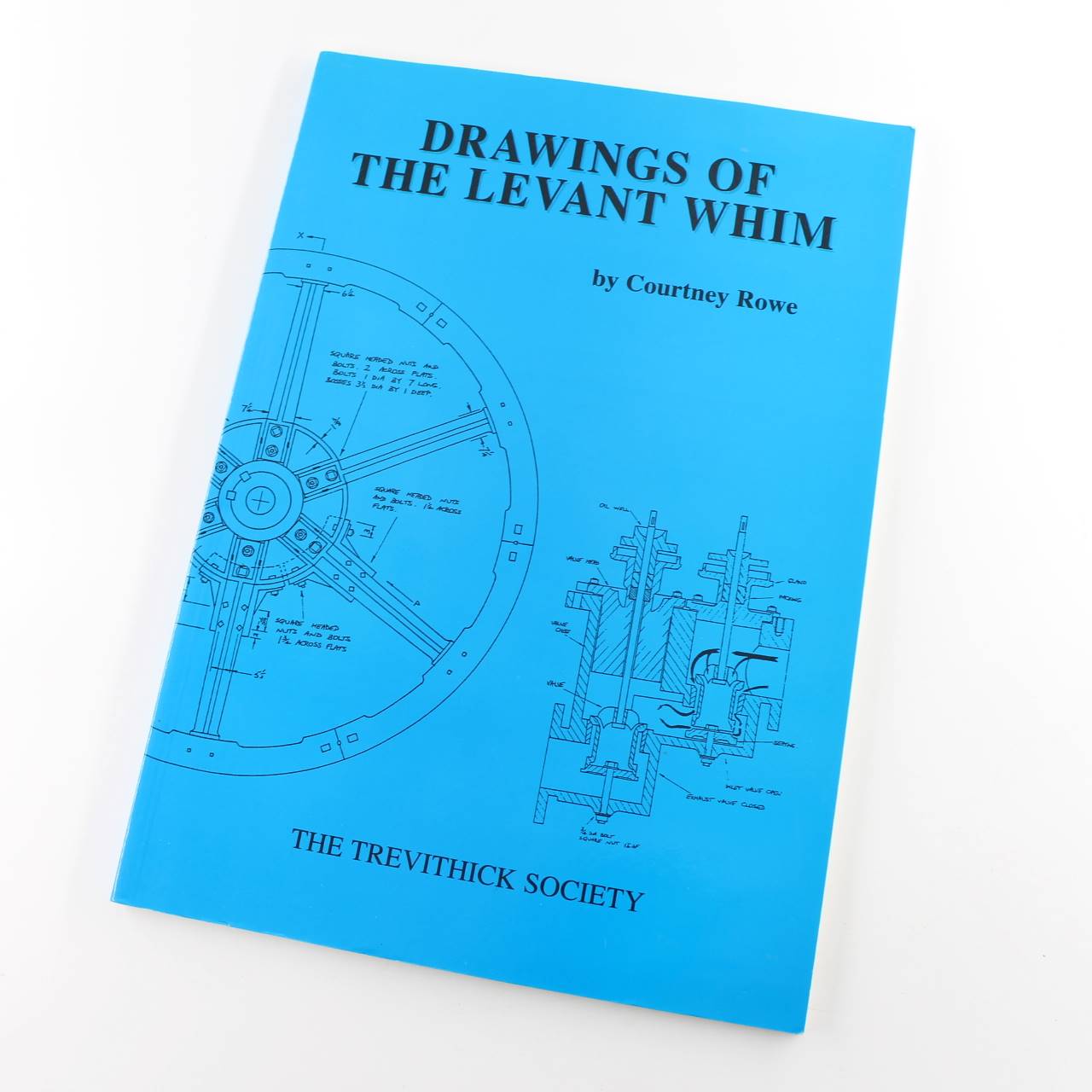
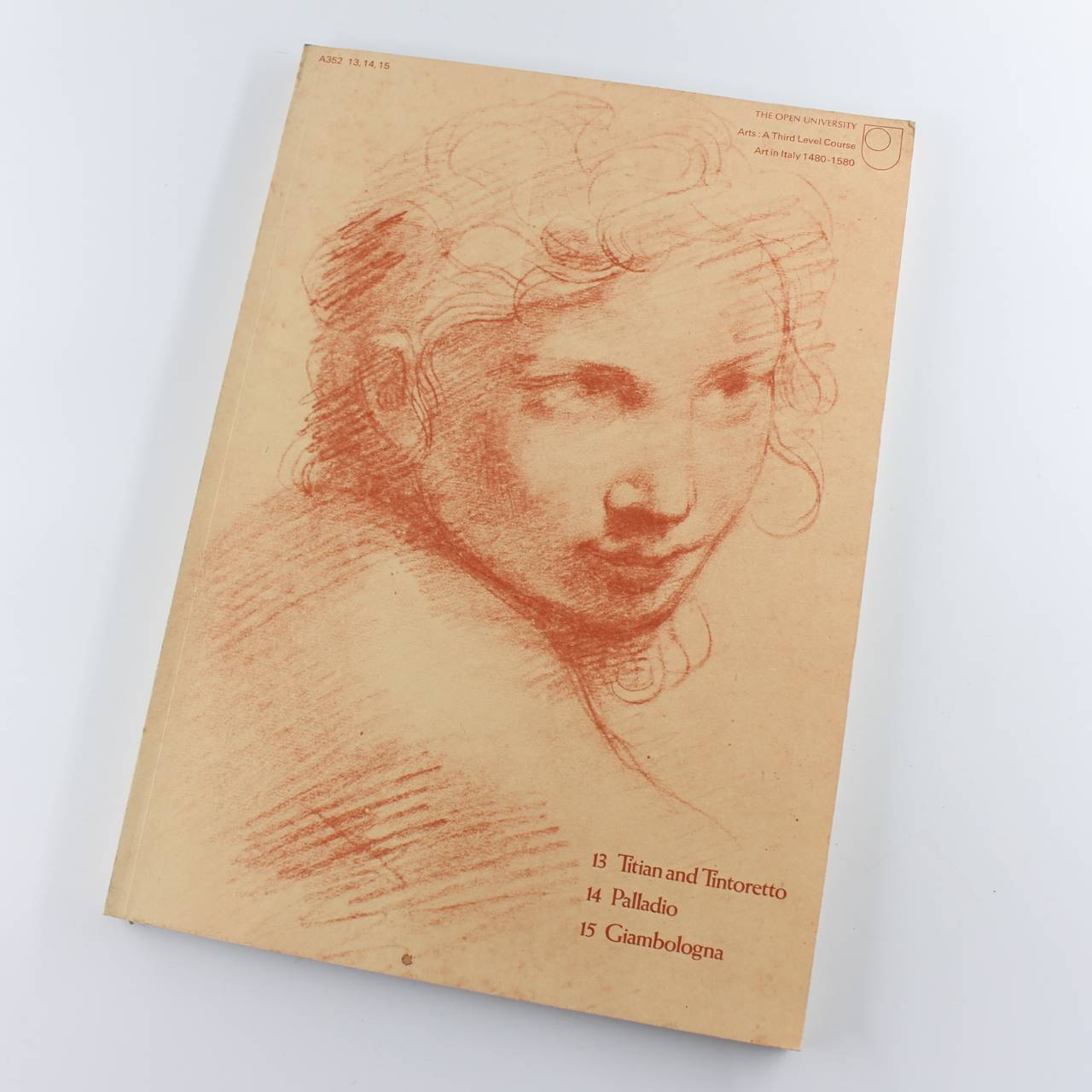
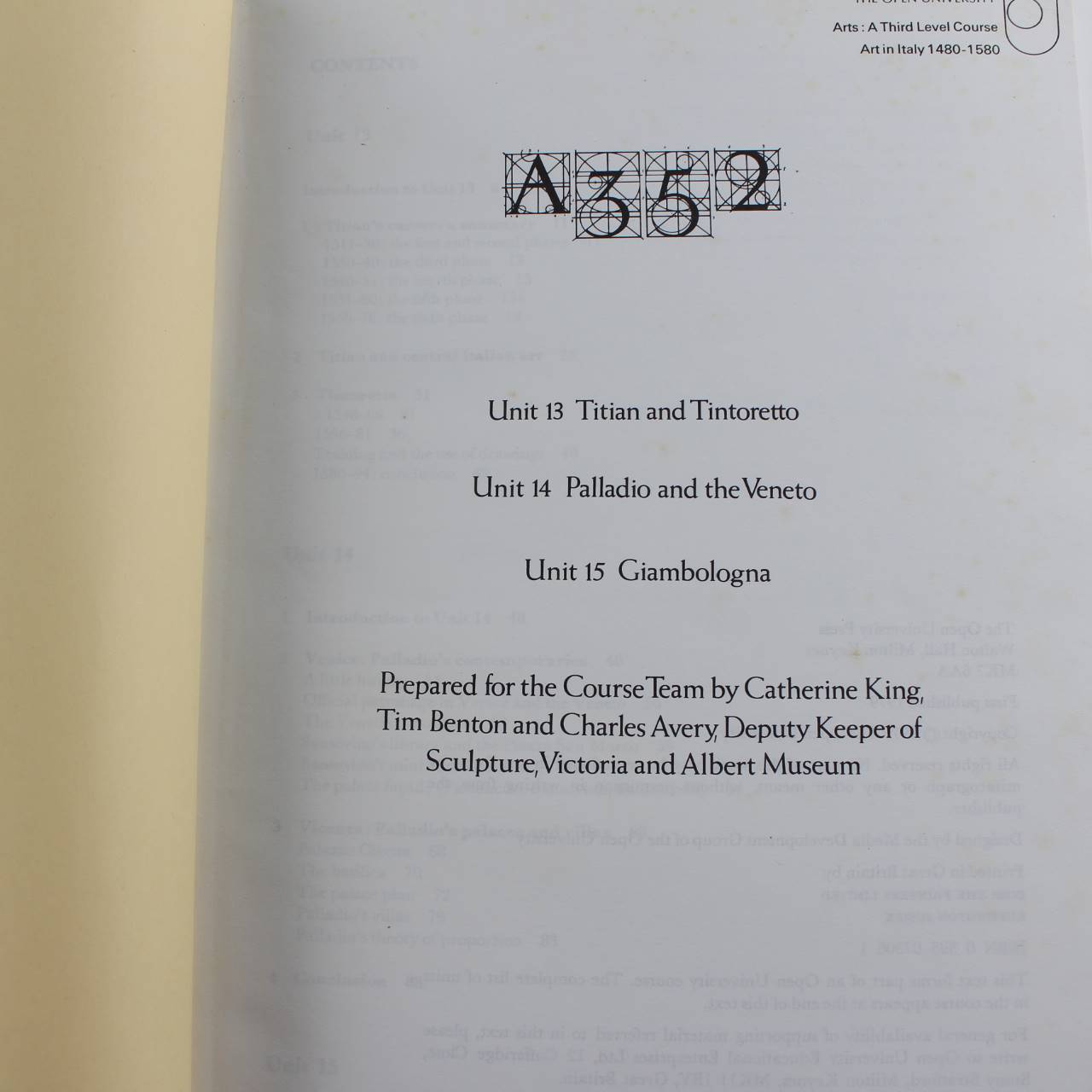
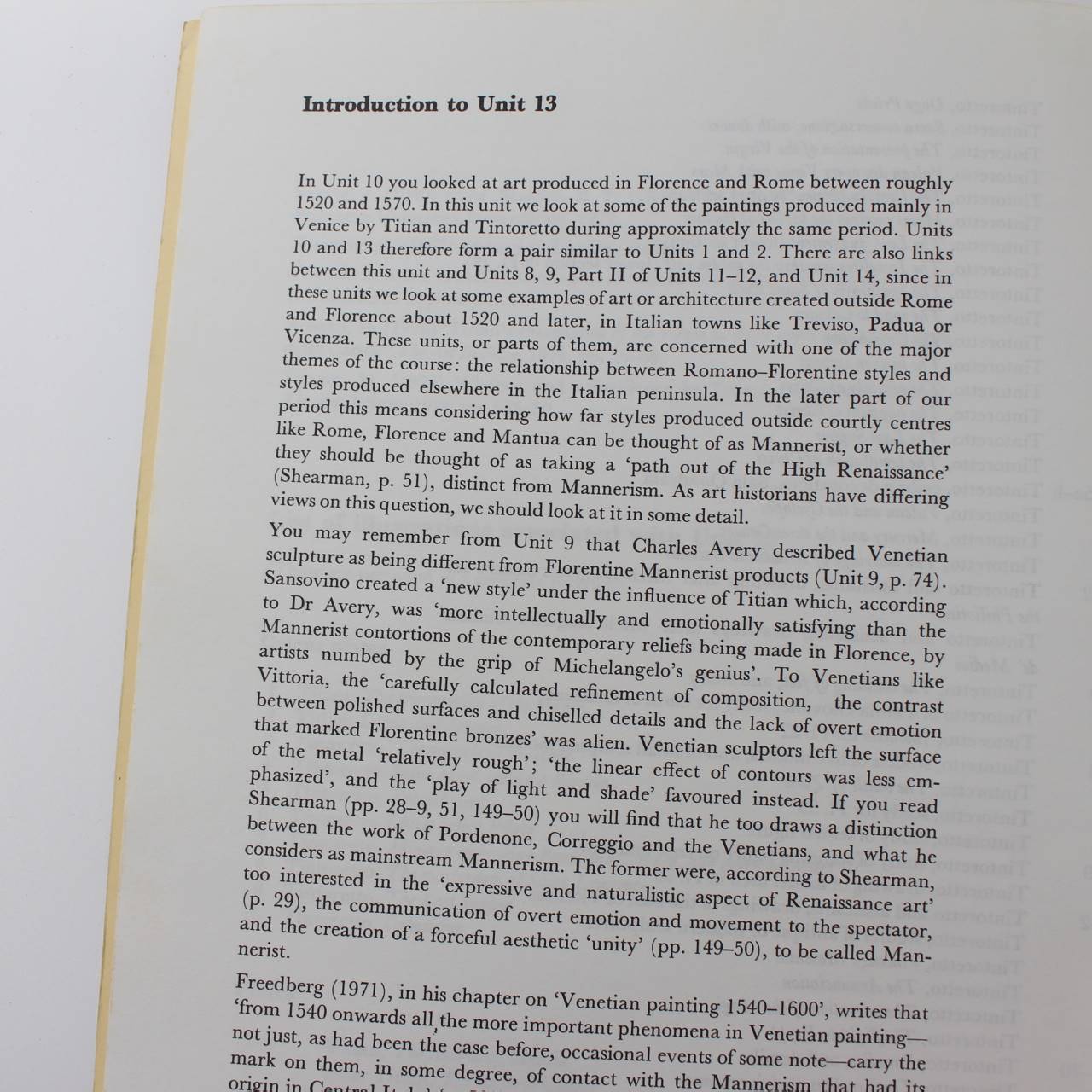

Reviews
There are no reviews yet.